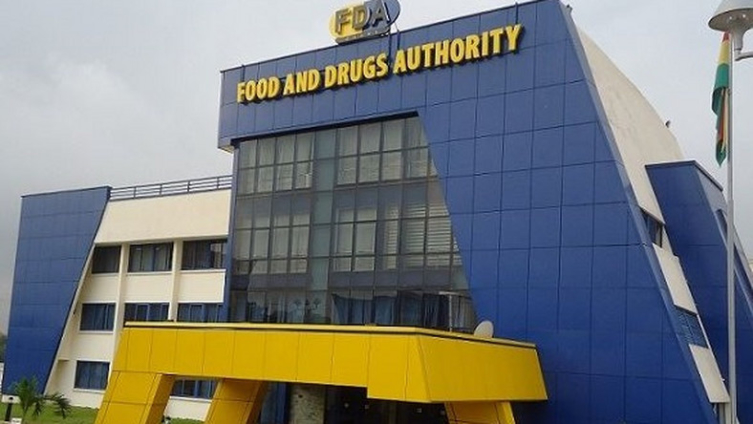The Food and Drugs Authority has provided technical support to the Netherlands Pharmacovigilance Centre (LAREB) to provide Qualified Persons for Pharmacovigilance (QPPV) training.
The training is for regulators from the National Medicine Regulatory Authorities (NMRAs) of four African countries namely; Ethiopian Food and Drugs Authority, Pharmacy and Poisons Board (Kenya), Rwanda Food and Drugs Authority, and Tanzania Medicines and Medical Devices Authority under the PROFORMA Project
The six-day virtual training under the theme "Teach the Teacher for QPPV" had the goal to equip the regulators with the knowledge to be able to develop country-specific QPPV training and implementation plans tailored to address country-related pharmacovigilance challenges.
The training was attended by over 45 participants with staff from the NMRAs as well as participants from some Medical Universities such as Addis Ababa University (Ethiopia), Muhimbili University of Health and Allied Sciences (Tanzania), University of Nairobi (Kenya), and the University of Rwanda.
FDA facilitated a session on the underlisted:
- Roles and responsibilities of QPPVs,
- Purpose and evaluation of regulatory documents including Periodic Safety Update of Reports (PSUR/PBRER) and Risk Management Plans (RMPs)
- Principles of benefits and risks evaluation in the review of these documents.
- Pharmacovigilance inspections and audits
In addition to the formal presentations, the FDA was able to share its experience in the implementation of legal pharmacovigilance requirements for marketing authorization holders.
The FDA implemented the QPPV concept in 2015 and has since trained 172 QPPV and conducted over 71 Good Pharmacovigilance Practice Inspection.
The FDA is a Regional Centre of Regulatory Excellence (RCORE) for pharmacovigilance and in 2021, the FDA’s vigilance function was assessed as Maturity level 4 based on the WHO Global Benchmarking Tool.
This is the highest level of the ranking system.
The FDA looks forward to continuously contributing to the development and strengthening of pharmacovigilance activities in Africa and globally to ensure patient safety.
Latest Stories
-
Porter remanded over stealing, destroying metal guardrails at Obetsebi Lamptey overpass
1 hour -
5 remanded over GH¢2.3m and $191,900 fake notes
1 hour -
Trump says Israel and Iran have agreed to ‘complete and total’ ceasefire
1 hour -
Cedi holds firm against dollar; one dollar equals GH¢12.15 at forex bureaux
1 hour -
OIC applauds King Mohammed VI’s leadership in safeguarding Al Quds
1 hour -
Joyful Ethiopians and Eritreans embrace at rare border reopening
2 hours -
Police officers charged with murder of Kenyan blogger
2 hours -
US Tennis star Katrina Adams launches “Own The Arena” book in Accra
2 hours -
US Supreme Court allows Trump to resume deportations to third countries
2 hours -
US says Kilmar Ábrego García will ‘never go free’ after judge orders his release
2 hours -
Ignore Kennedy Agyapong’s claims; MMDCEs support not sponsored – Bawumia’s spokesman
2 hours -
Daily insight for CEOs: Strategic Agility – Thriving amid constant change
3 hours -
Mother and children suffer severe burns, appeal for support for life-saving treatment
3 hours -
‘Flower Power; An Arewa Story from the South’ opens at Worldfaze in Accra
3 hours -
KNUST researchers highlight potential areas for future research in Heterotis (Supaku) culture
3 hours

